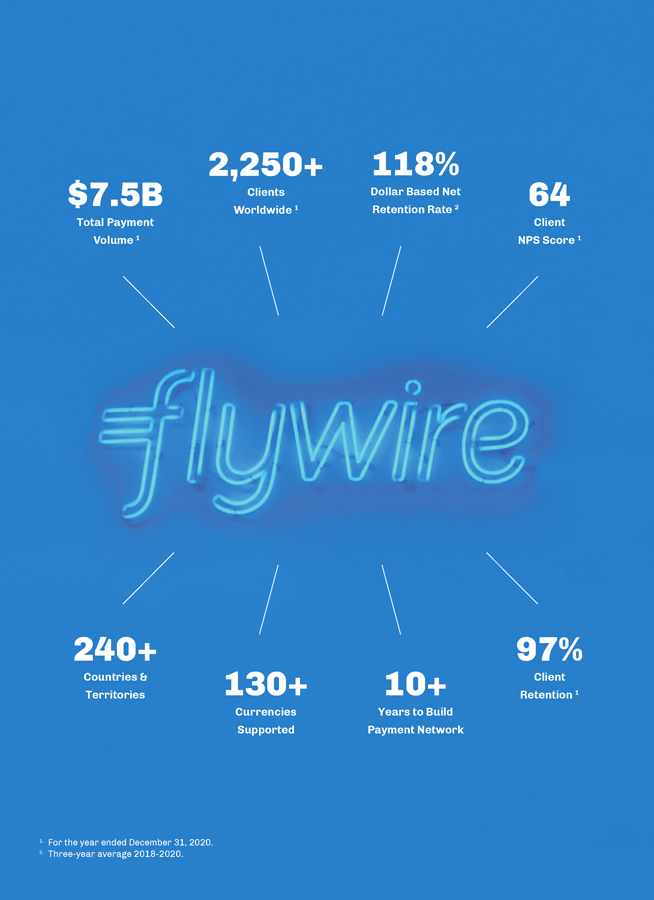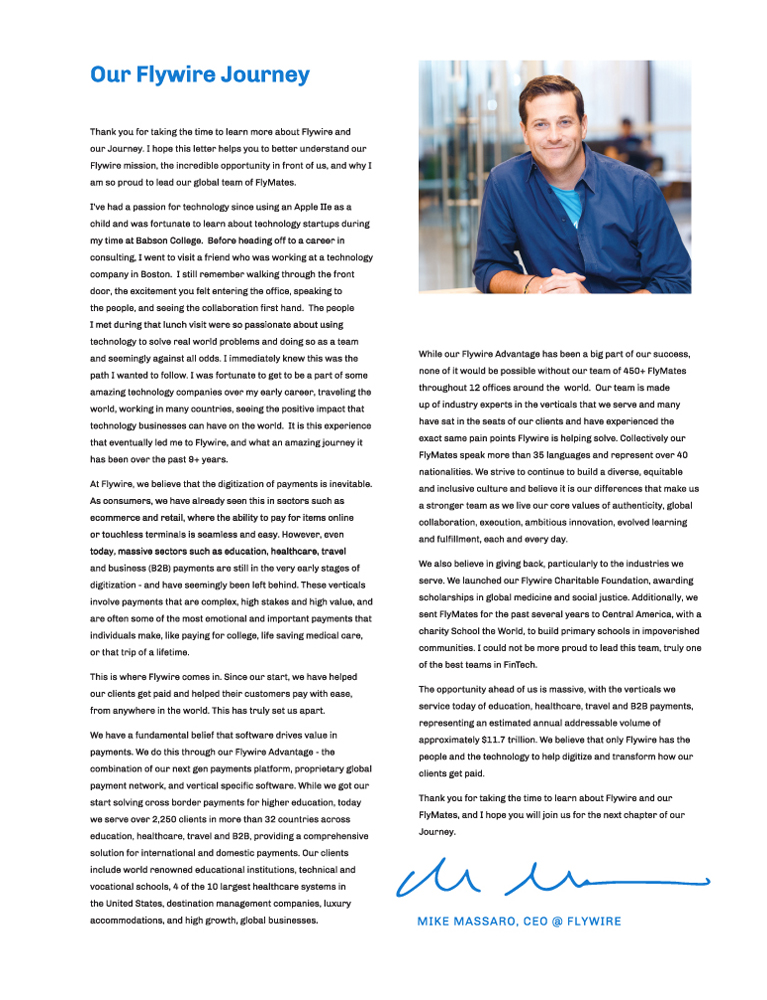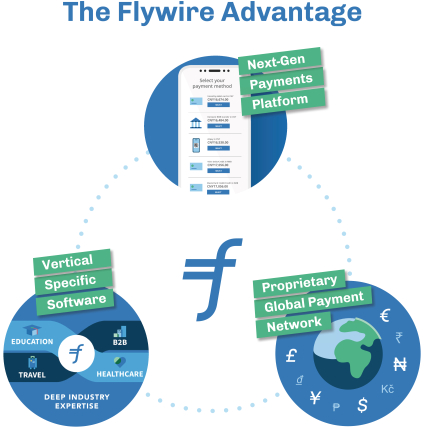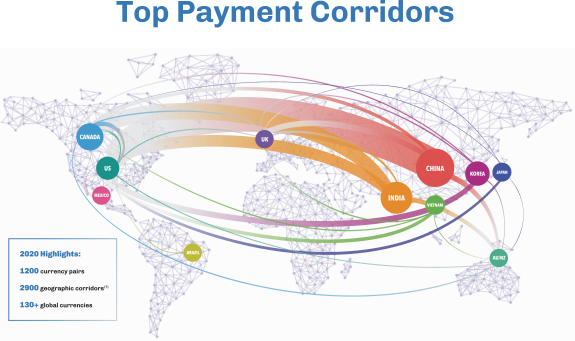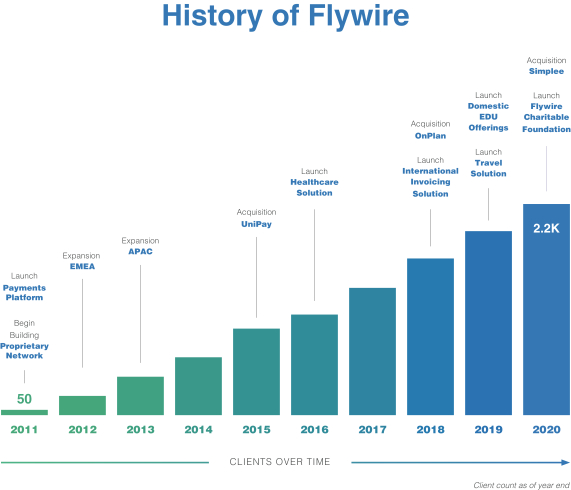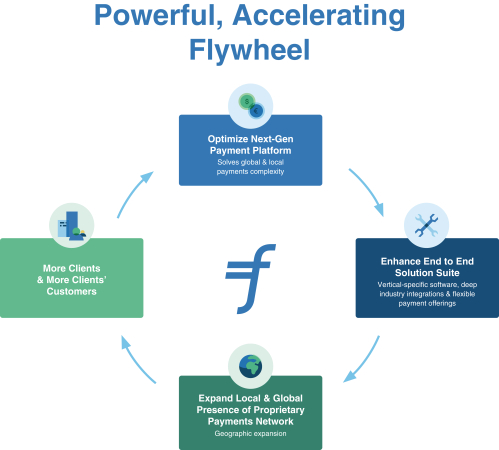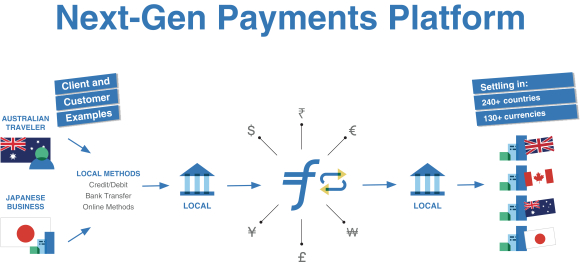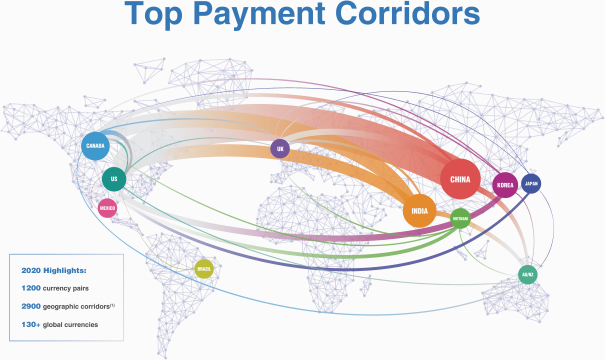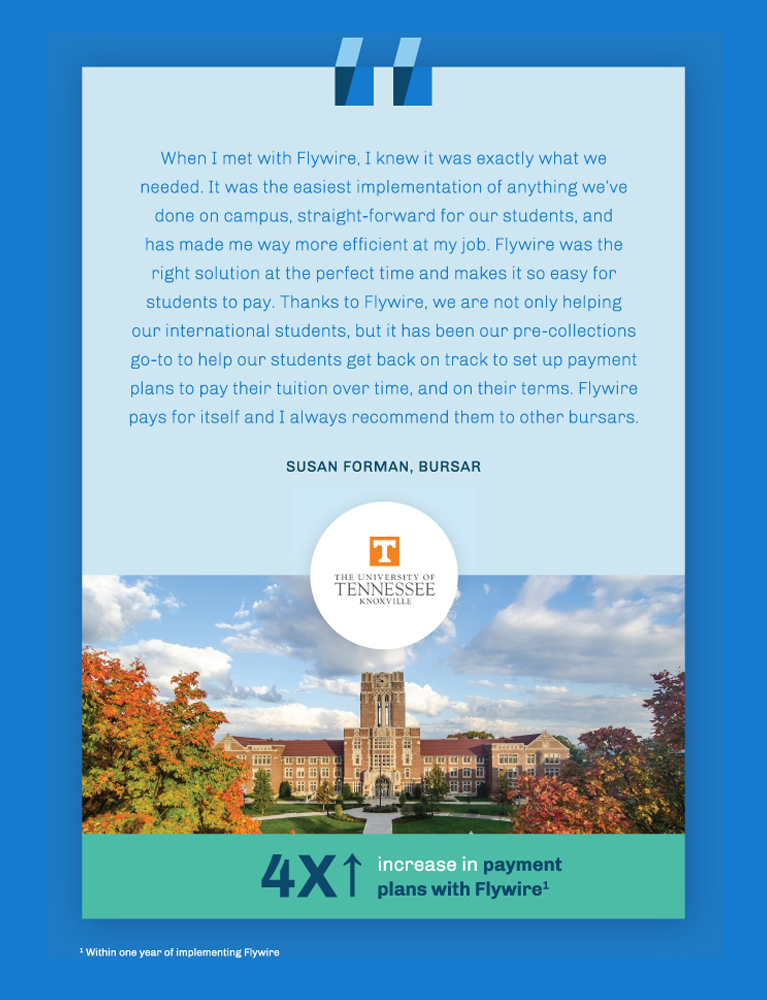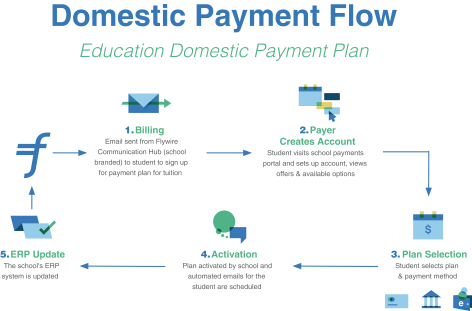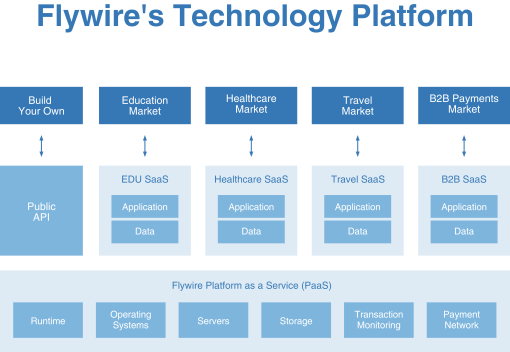substantial amount of payments from China. The Chinese government imposes controls on the convertibility of the Renminbi (RMB) the currency of China, into foreign currencies and, in certain cases, the remittance of currency out of China. The Chinese government may at its discretion further restrict access in the future to foreign currencies for current account transactions. In addition, income received by us from sources in some countries may be reduced by withholding and other taxes. Any such taxes paid by us will reduce the net income or return from such investments. While we will take these factors into consideration in making investment decisions, including when hedging positions, no assurance can be given that we will be able to fully avoid these risks or generate sufficient risk-adjusted returns.
Violations of the complex foreign and U.S. laws, rules and regulations that apply to our cross-border operations may result in fines, criminal actions, or sanctions against us, our officers, or FlyMates; prohibitions on the conduct of our business; and damage to our reputation. Although we have implemented policies and procedures designed to promote compliance with these laws, there can be no assurance that our FlyMates, contractors, or agents will not violate our policies. These risks are inherent in our cross-border operations and expansion, may increase our costs of doing business internationally, and could harm our business.
Payments and other financial services-related regulations and oversight are material to our business. Our failure to comply could materially harm our business.
The local, state, and federal laws, rules, regulations, licensing schemes, and industry standards in the U.S. and other jurisdictions in which we operate that govern our business include, or may in the future include, those relating to consumer finance and consumer protection, cross-border and domestic money transmission, foreign exchange, payments services (such as money transmission, payment processing, and settlement services), anti-money laundering, combating terrorist financing, escheatment, international sanctions regimes, and compliance with the PCI–DSS. These laws, rules, regulations, licensing schemes, and standards are enforced by multiple authorities and governing bodies in the United States, including the Department of the Treasury, the Federal Deposit Insurance Corporation, the SEC, Consumer Financial Protection Bureau, the Federal Trade Commission, self-regulatory organizations, and numerous state and local regulators and law enforcement agencies. Our clients also have their own regulatory obligations, and they expect our solutions to comply with the regulatory requirements that are applicable to their businesses. For additional discussion about the regulatory environment that we and our clients operate in, please see “Business–Regulation and Industry Standards”. As we expand into new jurisdictions, the number of foreign laws, rules, regulations, licensing schemes, and standards governing our business will expand as well. In addition, as our business and solutions continue to develop and expand, we may become subject to additional laws, rules, regulations, licensing schemes, and standards. We may not always be able to accurately predict the scope or applicability of certain laws, rules, regulations, licensing schemes, or standards to our business, particularly as we expand into new areas of operations, which could have a significant negative effect on our existing business and our ability to pursue future plans.
Certain of our subsidiaries are registered with the U.S. Department of the Treasury’s Financial Crimes Enforcement Network. Our subsidiary Flywire Global Corp. has obtained licenses to operate as a money transmitter (or the statutory equivalent) in 29 U.S. jurisdictions, and is in the process of applying for a license in, to the best of our knowledge, all U.S. states and territories where such licensure or registration is required in order to be able to offer additional business lines in the future. As a licensed money transmitter, we are (and in the states where we are awaiting licensure, will be) subject to obligations and restrictions with respect to the investment of customer funds, reporting requirements, bonding requirements, minimum capital requirements, and inspection by state regulatory agencies concerning various aspects of our business. Evaluation of our compliance efforts, as well as the questions of whether and to what extent our solutions are considered money transmission, are matters of regulatory interpretation and could change over time. In addition, there are substantial costs
46

